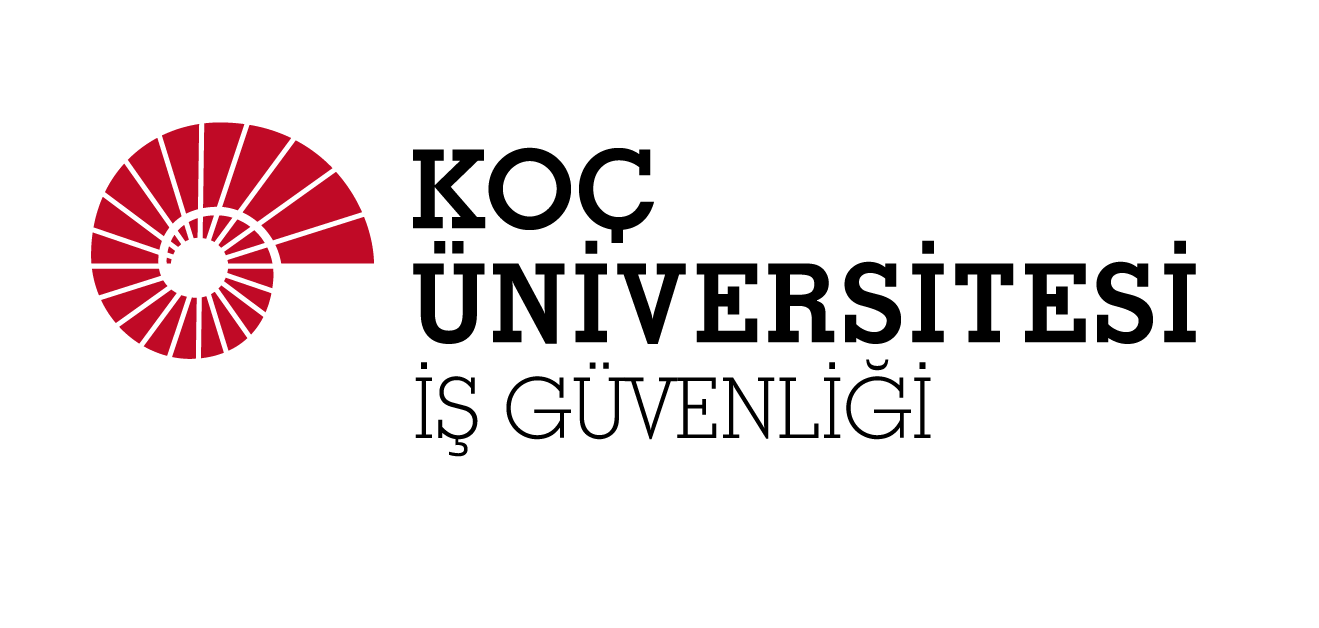Hygiene
Occupational accidents and diseases can be prevented. This forms the basis of occupational health and safety, whereas personal factors constitutes the main target. Hygiene is the sum of activities and precautions committed towards a healthy life.
Hygiene education starts in the family, and develops at school. Handwashing is the basis of hygiene. Studies have shown that only handwashing can prevent many diseases. Cleanliness is the primary mean to preserve your health, in particular, and health of others. Cleanliness does not entail body cleanliness only; keeping everything and every environment used clean is also crucial to being clean.
To ensure proper standards of hygiene at the workplace:
- Do not keep food and drinks at laboratories, changing rooms, and toilets.
- Wash your hands regularly. If you are exposed to chemicals, repeat this procedure with recommended chemical material removers.
- Choose clothing and, if necessary, safety footwear suitable for your work.
- Keep your daily clothing and work clothing separate.
- Wash clothing exposed to chemical materials separate from other clothes.
- While working, use protective gear (mask, goggles, gloves etc.) at all times and properly.
- Eat healthy, exercise regularly.
- You are recommended to notify the workplace doctor of contagious illnesses such as diarrhea, flu, etc.
- Make sure that you wash your hands before commencing and after finishing work as well as before and after using the toilets.
- Do not apply chemicals such as solvents, paint thinner, and grease while washing your hands.
